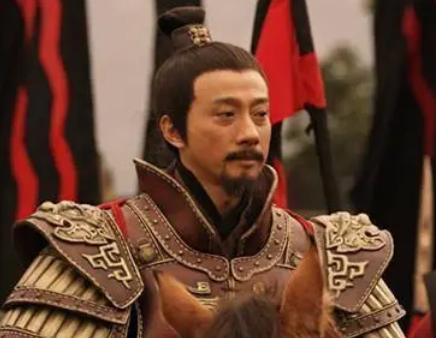In Chinese, the phrase "shen gen gu di" is often used to describe a firm foundation that is difficult to shake. However, the meaning and color of this phrase may change depending on the context. This article will explore whether "shen gen gu di" is a derogatory term and analyze its usage in different situations.

I. Original Meaning and Composition
"Shen gen gu di" consists of two parts: "shen gen" means the roots go deep into the soil, while "gu di" refers to a solid foundation. This idiom was originally used to describe a tree with solid roots, and later extended to metaphorically refer to any solid foundation that is difficult to be destroyed or changed.
II. Applications in Positive Contexts
In most cases, "shen gen gu di" is used as a complimentary term, praising someone or something for having a solid foundation and strong vitality. For example, it can be used to describe a historical family with "shen gen gu di" traditions, or a stably developing enterprise with a "shen gen gu di" market position.
III. Possible Derogatory Connotations
Although uncommon, "shen gen gu di" may also have derogatory connotations in certain contexts. This usually occurs when change or updating is needed for outdated or negative things. For example, if a community has deep-rooted outdated beliefs or bad customs, people may say that these beliefs are "shen gen gu di" and difficult to change, imparting a derogatory tone to the phrase.
IV. Conclusion
In summary, "shen gen gu di" is mostly a complimentary term used to describe a solid foundation with positive implications. However, depending on the context, this phrase may also express resistance to change or criticism of outdated phenomena, thus carrying a slight derogatory tint. Therefore, whether "shen gen gu di" is complimentary or derogatory depends on the specific context. Through this discussion, we can see the richness of Chinese vocabulary, the importance of context, and how to flexibly understand and use idioms.
Disclaimer: The above content is sourced from the internet and the copyright belongs to the original author. If there is any infringement of your original copyright, please inform us and we will delete the relevant content as soon as possible.
































